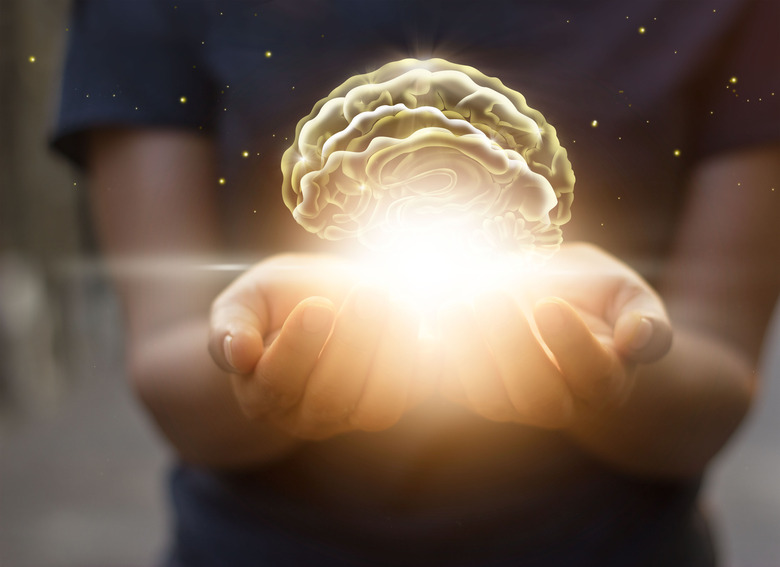The Controversy About The Human Brain Making New Cells
Despite tremendous progress, there are still questions that scientists cannot answer. One of them is the human brain's ability to make new cells. This controversial topic has split researchers into two groups. Some believe in neurogenesis or the brain being able to make cells in adulthood; others think you are born with a certain number of cells, so you cannot make more. There are studies supporting both sides.
Cells in Your Brain
Cells in Your Brain
The human brain has about 100 billion neurons, which are microscopic and specialized nerve cells. These cells can send and receive messages. They are at the heart of the controversy because scientists cannot agree if your brain can make more neurons after you are born.
Making New Cells
Making New Cells
Joseph Altman's research in the 1960s revealed that rat brains could create new cells as adults. Scientists assumed that this process of neurogenesis also applied to human brains. Other researchers in the 1970s, 1980s and 1990s found similar results in the brains of monkeys and birds. Since mammals like monkeys show this ability, many researchers think human brains can also regenerate or create new neurons.
Although the group that believes new cells are possible throughout adulthood agrees on neurogenesis, they cannot determine how many neurons your brain can make. Some think you can make hundreds or thousands while others state that you can only make a couple. Critics point to this as one of the problems. In addition, human brains are more complex than the brains of other mammals, so they may not share the same features of cell creation.
Ending Cell Production
Ending Cell Production
Researchers at the University of California, San Francisco, found that the human brain does not make new cells after a person reaches approximately 13 years of age. Although the sample size was small and only included brain tissues from 59 people, their ages ranged from infants to senior citizens. Researchers noticed that babies had many new neurons, but the creation of these cells in the hippocampus region of the brain declined over time. In the adult brains, they could not find any evidence of neurogenesis in the hippocampus.
Critics of the study point out that the samples included brain tissue from people who died. They believe this skewed the results because there may not be any neurogenesis in dead tissue. The small sample size was also a problem. It is possible that not everyone has the ability to make new cells in the brain, so researchers need more samples.
Who Is Correct?
Who Is Correct?
It is possible that both sides are correct. In general, the human brain may not be able to create new cells once a person becomes an adult. However, in certain circumstances, such as after a severe trauma or other event, it may be able to generate new cells because of necessity.
This neuron controversy is not likely to be resolved soon. Issues associated with studying the human brain, including getting enough samples and obtaining live tissue, are understandably problematic. It is also difficult to track what is happening on a microscopic cellular level inside a functioning and living brain. Researchers plan to continue to investigate the neurogenesis question.
References
- Harvard Health: Can You Grow New Brain Cells?
- National Institute of Neurological Disorders and Stroke: Brain Basics: The Life and Death of a Neuron
- UCSF: Birth of New Neurons in the Human Hippocampus Ends in Childhood
- Frontiers in Human Neuroscience: The Human Brain in Numbers: A Linearly Scaled-up Primate Brain
Cite This Article
MLA
Bandoim, Lana. "The Controversy About The Human Brain Making New Cells" sciencing.com, https://www.sciencing.com/the-controversy-about-the-human-brain-making-new-cells-13711517/. 25 April 2018.
APA
Bandoim, Lana. (2018, April 25). The Controversy About The Human Brain Making New Cells. sciencing.com. Retrieved from https://www.sciencing.com/the-controversy-about-the-human-brain-making-new-cells-13711517/
Chicago
Bandoim, Lana. The Controversy About The Human Brain Making New Cells last modified March 24, 2022. https://www.sciencing.com/the-controversy-about-the-human-brain-making-new-cells-13711517/
